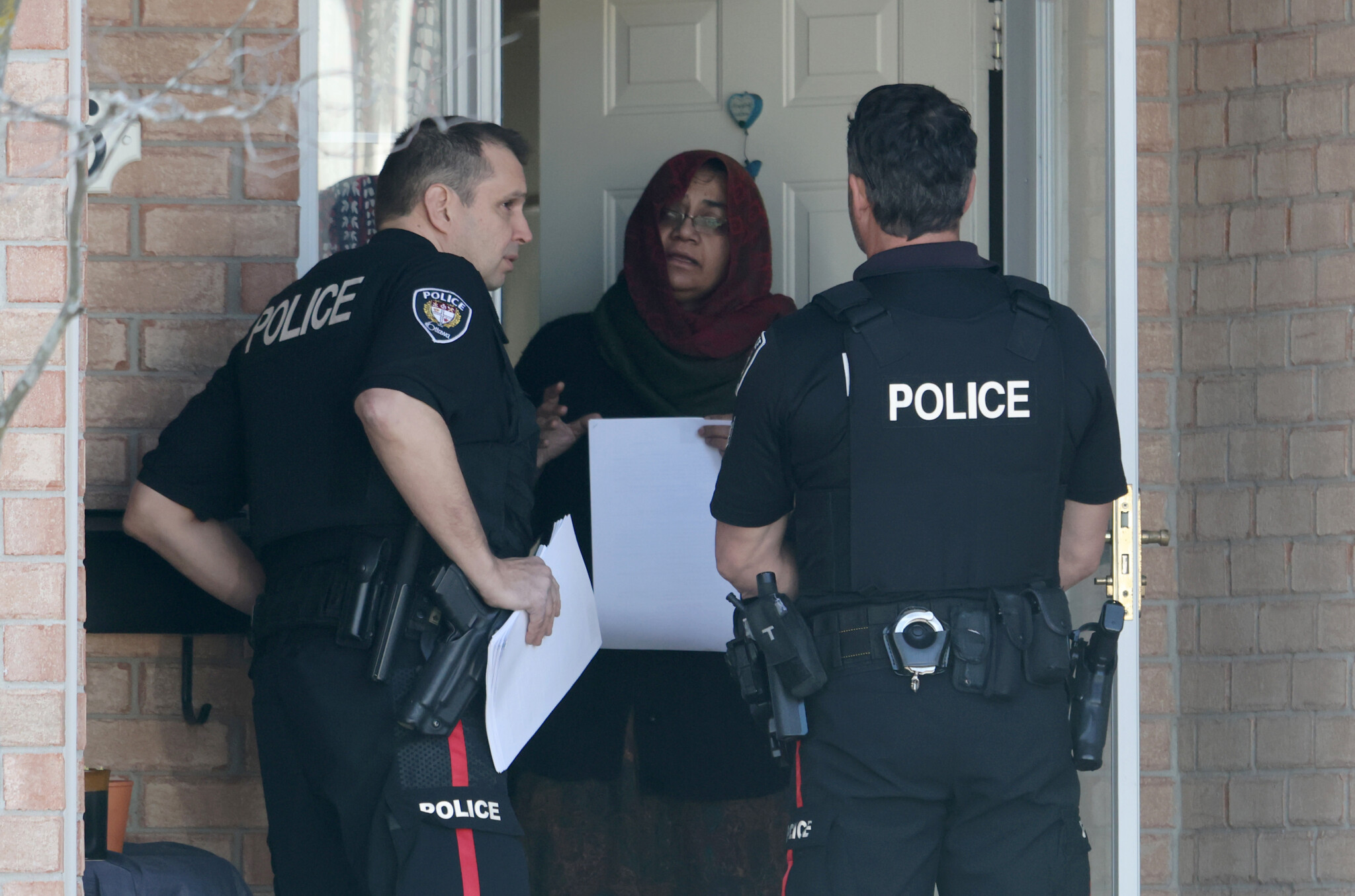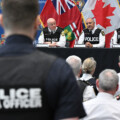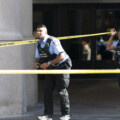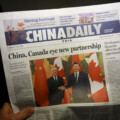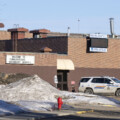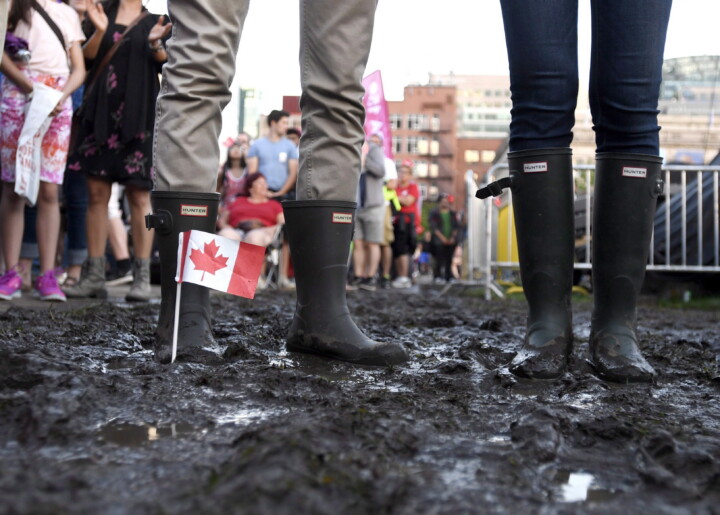Once an issue hits the suburbs, federal politicians tend to start paying attention—or at least they should if they have a long-term interest in staying elected. Suburbs are not only often swing ridings, but full of families, high-earning professionals, and seniors who are known to turn out to polls.
The trouble for politicians often is, by the time a historically urban crisis creeps into the suburbs, it’s festered so long, it’s now a systemic failure. This is the case with Canada’s suburban crime surge.
For years, many Canadian voters, particularly those who don’t live in cities, were willing to accept localized crime spikes in urban communities. But lately, those same crimes—from violent theft to kidnappings, homicides, gang activity, and terrorism–are making their way into quiet suburban neighbourhoods.
Municipal police forces are increasingly raising the alarm. The latest headlines out of the GTA’s York Region in particular are truly shocking. High-profile reports of home invasions, murders, and missing people, which used to be rare, are becoming more frequent.
In a recent alleged first-degree murder of a Markham realtor, the suspect successfully fled to Hong Kong in August. Border officials confirmed, “where he is after that, nobody knows.”
In July, York Region Police and the RCMP thwarted an alleged terrorist attack when they arrested two men in a Richmond Hill hotel, one of whom had previously starred in a violent ISIS propaganda film. He had recently been granted Canadian citizenship.
York Region Police also report, that since the start of this year, there’s been a 92 percent increase in shootings and a 106 percent spike in carjackings (with carjackings rising 400 per cent over five years).
York Region isn’t alone or an outlier. Last week, a small Quebec town made international headlines when a Pakistani citizen was charged by the FBI for allegedly plotting a terror attack to kill Jews in New York City on October 7, the one-year anniversary of Hamas’ horrific attacks against Israel. He was found to be on a Canadian student visa.
This week, Halton Regional Police, which oversee the suburbs of Burlington, Oakville, Milton, and Halton Hills, Ont., charged and issued Canada-wide warrants for a group of Algerian nationals alleged to be part of an organized auto theft ring responsible for over 40 thefts totalling at least $3 million. Police say the suspects operated between the GTA and Quebec.
Crime is spreading across the country, including to suburbs of Calgary and even the suburbs of Halifax.
